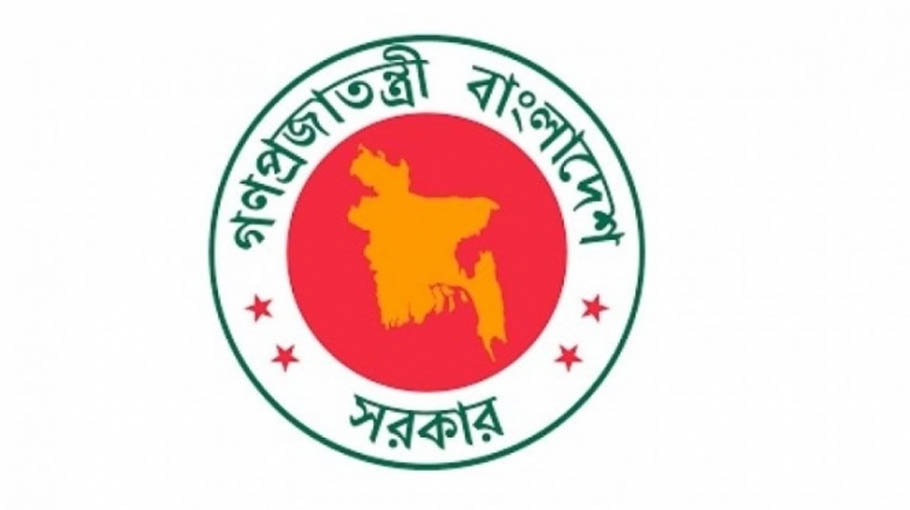Many decry Zila Parishad dissolution
Demand for Zila Parishad elections soon, EC now not ready

Many have expressed dissatisfaction with the dissolution of 61 Zila Parishad in the country by transferring responsibility to the chief executive officers (CEOs).
Some of them said that when the work of the public representatives is entrusted to the bureaucrats, the suffering of the people increases. “Zila Parishad without a public representative is not desirable. In this situation, the elections should be arranged as soon as possible,” said Imam Hossain, a member of just dissolved Sylhet Zila Parishad.
Imam Hossain and some others said that the responsibility of Zila Parishad could be given to administrators instead of the chief executive officers.
Meanwhile, Election Commission (EC) is not now ready to hold elections in the Zila Parishad. Ashok Kumar Debnath, additional secretary to the EC Secretariat, on Tuesday (April 19) said that the commission is unable to prepare the final voter list as the Union Parishad (UP) elections are not over.
The EC will start the process of the Zila Parishad elections by finalizing the voter list after the election of the remaining 200 UPs is over.
According to the law, the elected representatives of all the local government bodies from city corporations to UPs are the voters of Zila Parishad elections. As a result, if the UP election is not completed, it will not be possible to prepare the final voter list.
The government on Sunday (April 17) dissolved the 61 Zila Parishads following the expiry of the five-year tenure of the district-level local government bodies.
A circular from the Local Government Division of the Local Government, Rural Development (LGRD) and Cooperatives Ministry was issued in this regard.
The circular said that the 61 Zila Parishads are dissolved as five years have passed after the first meeting of the district councils. The chief executive officers (CEOs) of the Zila Parishads would oversee the administrative and financial activities of the Zila Parishad.
The Zila Parishads were dissolved following amendment to the law. ‘The Zila Parishad (Amendment) Act, 2022’ was passed in the Parliament on April 6 incorporating a provision of appointing administrator on expiry of the five-year tenure of the body.
The Zila Parishads were dissolved as the elections were not held on time. The Zila Parishad elections were held for the first time on December 28 in 2016 in 61 districts of the country.
The elected representatives took oath on January 11 in 2017. The first meeting of the district councils was held in January of that year. As a result, the five-year term of the council ended last January.
According to the amended law, administrators would be appointed in the expired district councils. Although the district councils were dissolved, administrators were not appointed there.
Asked why the CEO has been given the responsibility instead of appointing administrator, Mohammed Tanvir Azam Siddiquee, a deputy secretary of the Local Government Division, said that the CEOs of the Zila Parishads would only oversee the administrative and financial activities until the appointment of the administrators.
“Appointment of administrators at the Zila Parishads would be made in accordance with the provisions of the amended law. We would publish the names of administrators soon after the decision in this regard is finalized,” said Tanvir Azam Siddiquee who signed the government circular that was issued on April 17.
LGRD Minister Md Tajul Islam on Monday said that administrators in Zila Parishads would be appointed within seven days.
According to the ‘Zila Parishad (Amendment) Act, 2022’, the government would appoint a suitable person or a public official as an administrator to carry out the functions of the local body until the formation of the next parishad.
The administrator will be in office until the next Zia Parishad is formed. However, the tenure of the administrator will not be more than 180 days and no one can be an administrator more than once.
Jatiya Party MP Barrister Shameem Haider Patwary said that leaving the local government bodies even one day without an elected representative is unconstitutional.





